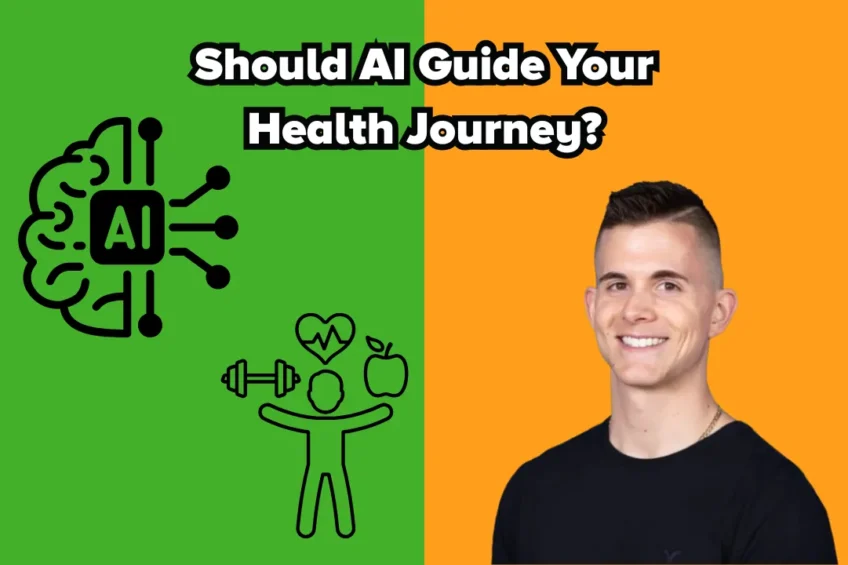Can AI Really Be Your Health Coach?
With artificial intelligence becoming part of everything from search engines to shopping suggestions, it’s no surprise that it’s making its way into the world of health and wellness. Apps, wearable devices, and chatbots are now promising personalized health guidance at the tap of a screen.
But can AI actually serve as your health coach?
Let’s explore what AI can realistically offer when it comes to your well-being, and where the human touch still matters most.
The Promise of AI in Wellness
AI can process and organize information at incredible speed. That’s part of what makes it appealing as a tool for health tracking and habit-building. Some current uses include:
Suggesting recipes based on your preferences
Reminding you to drink water or take a walk
Summarizing data from health apps or food logs
Providing quick answers to common health questions
For people who enjoy structure or need gentle prompts throughout the day, AI can feel supportive and efficient. It can also help make health information more accessible, especially for those just starting out on their wellness journey.
The Limitations of Tech-Based Coaching
While AI can be helpful in offering information, it doesn’t always get things right. Current AI models sometimes create responses that sound accurate but are actually misleading or false. This is especially risky when it comes to health advice, where accuracy and nuance are essential.
AI is also shaped by the data it learns from. If that data carries bias or is outdated, the advice given may not be suitable, or safe for everyone.
Another challenge is that AI cannot truly understand your emotional context, lifestyle, or lived experiences. Health isn’t just about numbers. It’s about how you feel in your body, what motivates you, what you value, and what’s realistic for your life. That’s something no app or algorithm can fully grasp.
The Role of a Real Coach
A qualified health coach or registered dietitian offers much more than information. They offer connection, curiosity, and personalized guidance. They take the time to understand your full story, not just your symptoms or goals, but also the barriers you face, the habits you’ve tried, and the kind of support you respond to best.
Coaching is a relationship. It’s about building trust, creating realistic plans, and adjusting those plans when life gets busy or overwhelming. That’s the kind of support that drives long-term change.
Using AI as a Companion, Not a Coach
Rather than thinking of AI as a replacement for human support, it may be more helpful to think of it as a companion. It can help track, prompt, and inform. But it works best when paired with the insight and empathy of a real person who knows you.
Wellness is personal. It deserves a personal approach.


